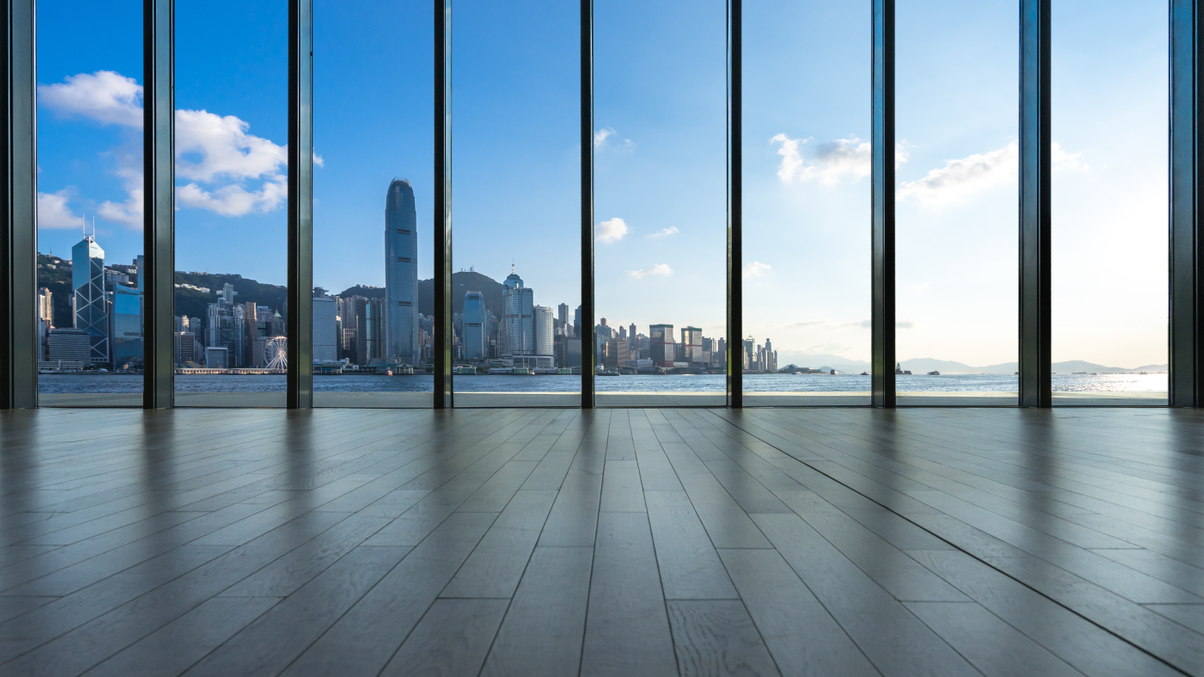The coronavirus could undercut prime property's appeal
The disease’s outbreak looks set to change the appeal of real assets as it forces a new way of living and working on people amid global lockdown.

Real assets may provide attractive cash flow versus current depressed bond yields, but one consequence of the coronavirus (Covid-19) could be a gradual dimishment in the appeal of prime office space and an acceleration in the devaluation of shopping malls.
Sign in to read on!
Registered users get 2 free articles in 30 days.
Subscribers have full unlimited access to AsianInvestor
Not signed up? New users get 2 free articles per month, plus a 7-day unlimited free trial.
¬ Haymarket Media Limited. All rights reserved.


